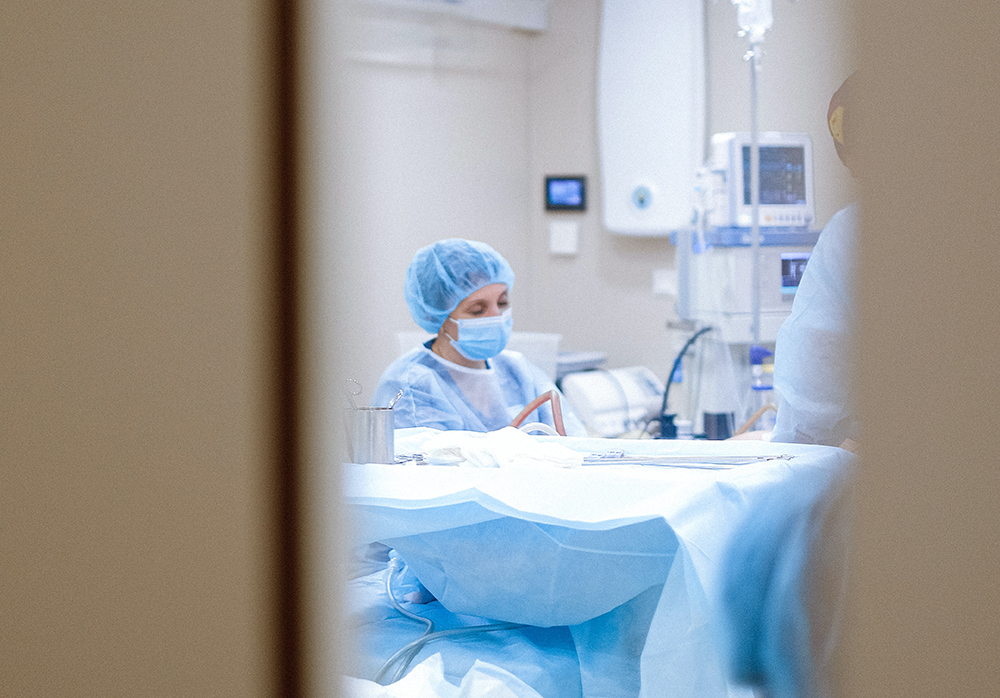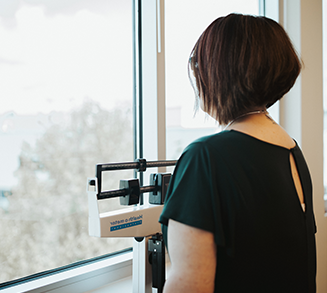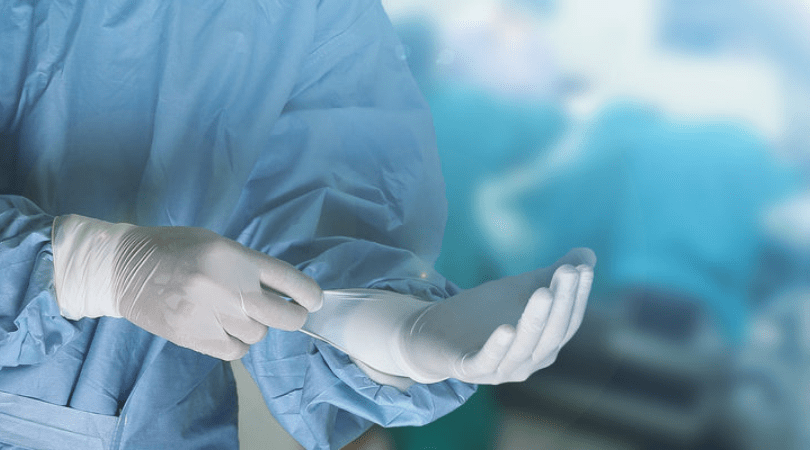Weight loss surgery is a popular treatment option for obesity and has shown to have many positive outcomes for a patient’s health, life expectancy, and overall quality of life. However, there are still some myths and misconceptions surrounding bariatric procedures that keep some patients from taking the step to begin their bariatric journey.
1. Weight loss surgery is really risky.
This is a commonly misunderstood perception. Weight loss surgery in an experienced surgeon’s hands has no more risk than other commonly performed abdominal surgeries. In fact, you are more likely to experience serious complications from a knee replacement than gastric bypass surgery.
2. People are always sick after weight loss surgery.
You should be able to eat normally and enjoy most foods without any problem. If a patient does experience frequent nausea and vomiting, there is usually a problem that can and should be addressed by your surgeon.
3. I will lose too much weight and look old.
This is rarely the case. Most of the time, patients lose the weight that their body needs to lose. Excessive weight loss occurs when an individual is not eating a healthy diet and is experiencing frequent nausea and vomiting that went on for too long before being addressed. Patients who eat a well rounded diet and exercise, look and feel healthy.
4. All my hair will fall out.
After weight loss surgery, a patient’s hair will thin during the first few months when they are rapidly losing weight. This is due to less caloric intake that a person might be consuming and possible nutritional deficiencies. This will stop after about 6 months post op and should grow back to normal after about a year.
5. I can’t get pregnant after weight loss surgery.
Losing weight is a great treatment for infertility. Women can become pregnant within a month or two after only losing a small amount of weight. Although pregnancy is healthy and normal and not complicated by weight loss surgery, we do encourage our patients to plan on not having children until they have lost the weight that they desire. We recommend that you wait more than 18 months.
6. I will have a lot of excess skin.
Significant weight loss will lead to some excess skin. Some people will have more than others. However it is better to be at a healthy weight with excess skin than it is to be overweight with no excess skin. Plastic surgery can be performed to address any problem areas. Exercise may be helpful too to improve your physical appearance in clothing.
7. I will regain all of my weight.
It is rare that an individual regains all of their weight back. However what is more common is that a patient regains 30 to 50% of the weight that they had lost. This is preventable however. This always occurs when a patient goes back to unhealthy eating habits that leads to the over consumption of carbohydrates. It is normal to gain back 5 to 10% of the weight that was lost. However if you regain more, it is likely to cause over-consumption of carbs. Even if someone regains more weight than we would like to see, they are almost always still healthier than where they started.
8. Bariatric surgery is the easy way out.
Any post bariatric patient will tell you that bariatric surgery is far from the easy way out. Yes, weight loss surgery will help patients lose a significant amount of weight, but it is only a tool in your toolbox. Successful weight loss comes with continued effort every day by making healthy food choices, making time to exercise, and often, overcoming food addictions or facing past traumas.
Weight loss surgery is a popular choice for any individual that is struggling with their weight, and offers assistance in helping patients regain their health and their quality of life. If you are considering bariatric surgery but are skeptical due to the above mentioned misconceptions, we encourage you to make an appointment with a bariatric surgeon to discuss your concerns and your health history more in detail.
























